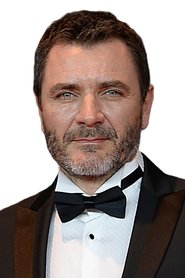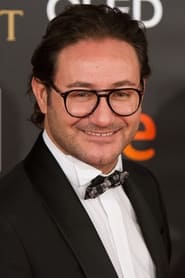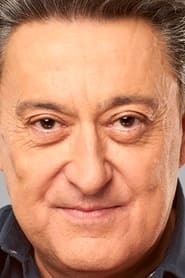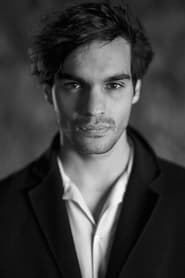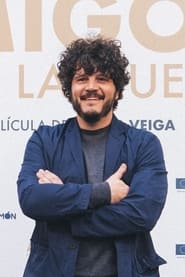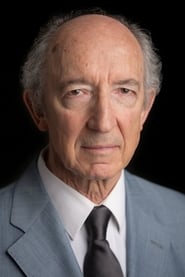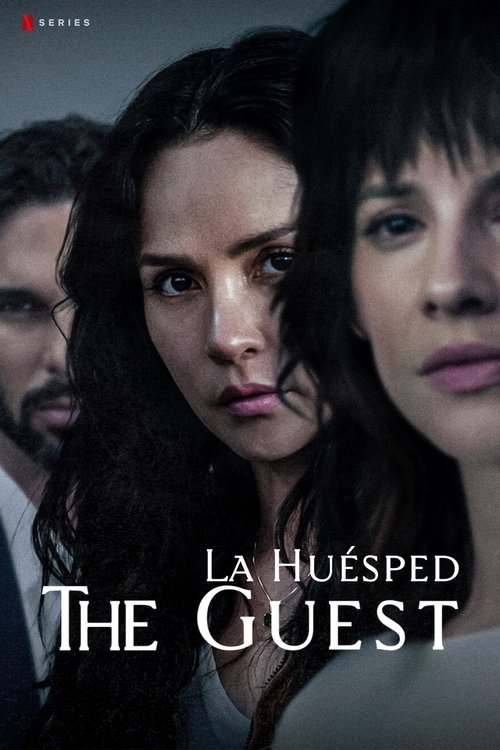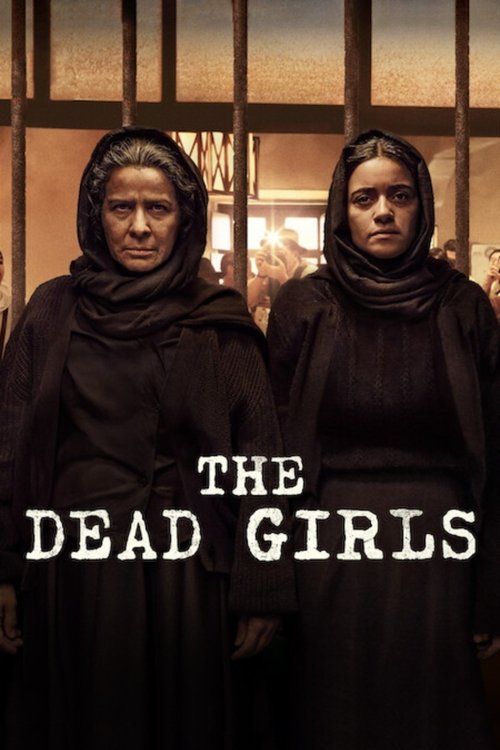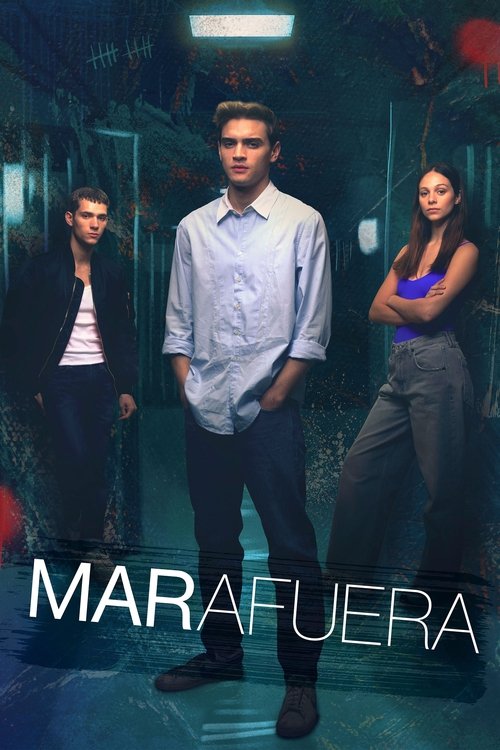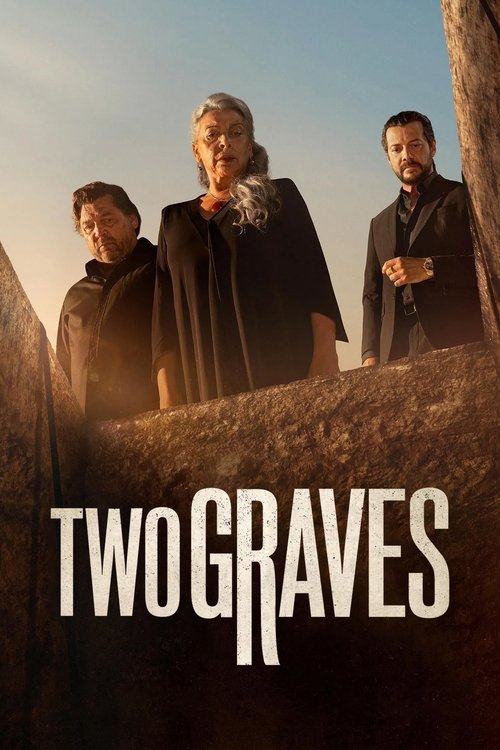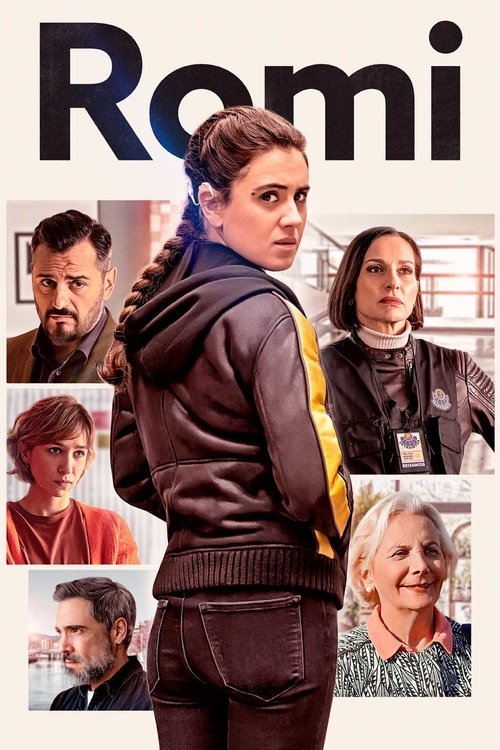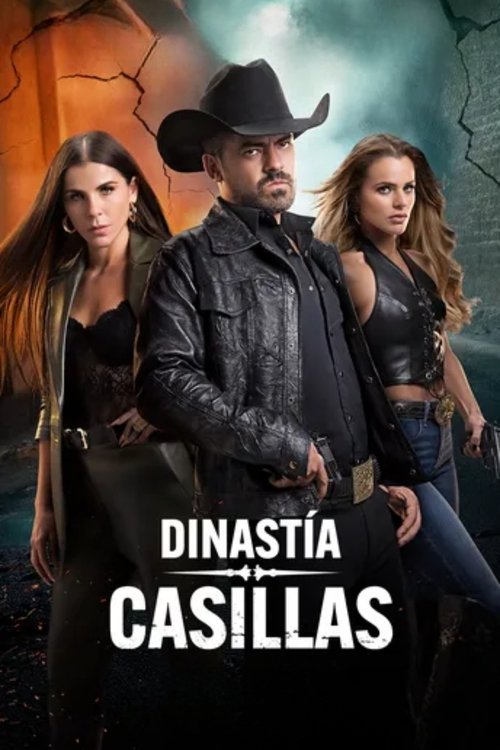
Ask Your Own Question
What is the plot?
The story begins in 1968 Spain with Esteban Guerra, an ambitious executive at Televisión Española, who is tasked with securing a victory for Spain at the Eurovision Song Contest. Esteban teams up with Artur Kaps, an eccentric music producer, to find the right song and artist to represent Spain. Their initial plan involves Joan Manuel Serrat, a popular singer, who is chosen to perform the song "La, la, la" at Eurovision.
As preparations advance, Joan Manuel Serrat insists on singing the song in Catalan, his native language, which causes political tension given the Franco regime's restrictions on regional languages. This disagreement leads to Serrat's withdrawal from the contest. Esteban and Artur must quickly find a replacement to keep Spain's hopes alive.
Massiel, a young and relatively unknown singer, is selected to replace Serrat. Despite initial doubts about her ability to carry the contest, Massiel commits fully to the challenge. She works intensively with Artur and Esteban to perfect her performance of "La, la, la," adapting the song to suit her style and the contest's demands.
Massiel travels to London for the Eurovision Song Contest, where she faces stiff competition and the pressure of representing Spain under the watchful eyes of the Francoist regime. During rehearsals, she encounters various challenges, including technical difficulties and the intimidating presence of other contestants.
On the night of the contest, Massiel delivers a charismatic and energetic performance of "La, la, la," captivating the audience and judges. Her rendition is marked by a confident stage presence and a catchy, upbeat rhythm that contrasts with the more traditional entries.
After the performances, the voting process unfolds with suspense. Spain's entry gradually gains points, and despite some political undercurrents influencing the contest, Massiel's performance secures a narrow victory for Spain. This win marks Spain's first triumph at Eurovision and becomes a significant cultural moment.
Following the victory, Esteban, Artur, and Massiel return to Spain to a hero's welcome. The success boosts their careers and solidifies Spain's presence in the international music scene. However, the series also highlights the behind-the-scenes political pressures and compromises involved in the contest, reflecting the complex relationship between art and politics during Franco's dictatorship.
Throughout the series, key decisions such as Serrat's withdrawal, Massiel's selection, and the strategic adjustments to the song and performance drive the narrative forward, culminating in Spain's unexpected and iconic Eurovision win with "La, la, la."
What is the ending?
The ending of La canción Season 1 shows Massiel winning the Eurovision Song Contest 1968 with the song "La, la, la," after a challenging selection process involving Esteban Guerra and Artur Kaps. The series closes on this triumphant note, highlighting Spain's victory and the culmination of the "Operación Eurovisión" effort.
Expanded narrative of the ending scene by scene:
The final episodes focus on the intense preparations for the Eurovision Song Contest 1968. Esteban Guerra, the ambitious executive at Televisión Española, works closely with the eccentric producer Artur Kaps to finalize the Spanish entry. After the original singer, Joan Manuel Serrat, departs from the project due to creative differences, the team urgently searches for a replacement.
Massiel, portrayed by Carolina Yuste, is chosen as the new representative. The scenes depict her rehearsing the catchy song "La, la, la," capturing her determination and the pressure she faces. The narrative shows the behind-the-scenes tension and the political and cultural stakes involved in Spain's participation.
On the night of the contest, the camera follows Massiel's poised and confident performance. The atmosphere is electric, with the audience and judges responding enthusiastically. The series then shows the announcement of the winner: Spain, represented by Massiel, has won the Eurovision Song Contest.
The closing moments focus on the reactions of the main characters:
-
Massiel experiences a mix of relief, joy, and pride as she realizes her victory, marking a significant milestone in her career.
-
Esteban Guerra reflects on the success of the operation, his ambition fulfilled but also aware of the challenges overcome.
-
Artur Kaps shares a moment of satisfaction, having contributed creatively to the triumph.
The series ends with a celebratory tone, emphasizing the historical significance of Spain's win and the collaborative effort behind it. The fate of the main characters is tied to this success: Massiel's career is launched internationally, Esteban's reputation as a television executive is solidified, and Artur's role as a visionary producer is recognized.
This conclusion encapsulates the story's focus on ambition, artistic struggle, and national pride during a pivotal moment in Spanish cultural history.
Is there a post-credit scene?
For the TV show titled La canción, Season 1 (2025), there is no available information or indication that a post-credits scene exists. The search results, including IMDb and other sources related to the show, do not mention any post-credits or stinger scenes for this series.
The general concept of post-credits scenes is well documented, but no specific reference to La canción having one was found. Therefore, it is safe to conclude that Season 1 of La canción does not include a post-credits scene.
What challenges does Esteban Guerra face in his quest to find the right artist and song for Eurovision 1968?
Esteban Guerra, the ambitious Televisión Española executive, encounters several setbacks during 'Operación Eurovisión,' including the departure of the initially chosen singer Joan Manuel Serrat, which complicates the search for the right artist and song to represent Spain.
How is the character of Massiel portrayed in the series, and what is her role in the Eurovision victory?
Massiel, portrayed by Carolina Yuste, is depicted as the replacement singer who ultimately performs the catchy song 'La, la, la' and secures Spain's victory at the Eurovision Song Contest 1968, marking a pivotal moment in the story.
What is the dynamic between Esteban Guerra and Artur Kaps in the series?
Esteban Guerra teams up with the eccentric Artur Kaps to find the appropriate song and artist for Eurovision, suggesting a partnership that combines ambition and unconventional methods to achieve their goal.
How does the series depict the departure of Joan Manuel Serrat and its impact on the Eurovision campaign?
Joan Manuel Serrat's departure is shown as a significant setback in the 'Operación Eurovisión,' forcing the team to find a replacement singer, which leads to Massiel stepping in and eventually winning the contest.
What roles do historical figures like Manuel Fraga and Francisco Franco play in the storyline?
Historical figures such as Manuel Fraga and Francisco Franco appear as characters in the series, indicating the political and social context surrounding Spain's Eurovision participation in 1968, though specific plot details about their roles are not extensively detailed in the available sources.
Is this family friendly?
The TV series La canción (Season 1, 2025) is a Spanish historical drama centered on Spain's 1968 Eurovision Song Contest victory. It is not specifically categorized as family-friendly or children's programming. Given its genre and subject matter, it likely contains mature themes related to political and social contexts of 1960s Spain.
Potentially objectionable or upsetting aspects for children or sensitive viewers may include:
- Depictions of political tension and authoritarian influence, as the series involves historical figures like Francisco Franco and political interference in media.
- Mature themes related to ambition, manipulation, and the pressures of the entertainment industry.
- Possible dramatic conflict and emotional intensity typical of historical dramas.
- Some scenes may include adult language or situations reflecting the era's social realities.
There is no explicit information indicating graphic violence, sexual content, or strong language, but the series is primarily aimed at adult audiences interested in historical and political drama rather than children or family viewing.
Therefore, La canción is not recommended as family-friendly content for young children or highly sensitive viewers without prior review.





